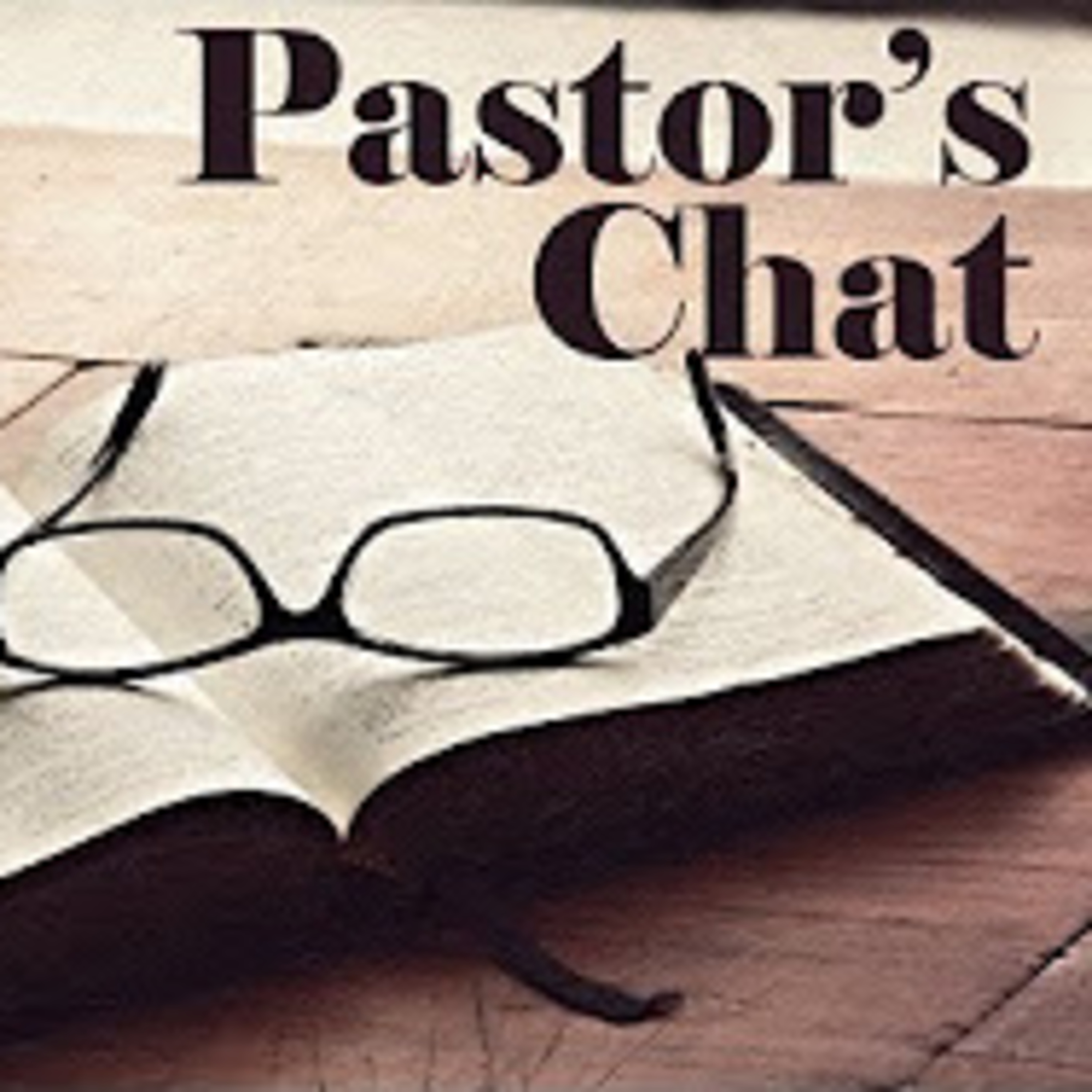Psalm 60:1-12
To the Chief Musician. Set to ‘Lily of the Testimony.’ A Michtam of David. For
teaching. When he fought against Mesopotamia and Syria of Zobah, and Joab
returned and killed twelve thousand Edomites in the Valley of Salt.
Ever since sin entered the human race there has been conflict. It is the battle of
the ages, and it has never changed because it is the conflict between good and
evil. The first two people born on earth, Cain and Abel, had conflict such that
it ended with Cain killing Abel. You don’t go far into Genesis and the world is
divided into the nations and language groups as the population grew (Genesis
11). Then when you get to Genesis 14, war is mentioned for the first time.
My friend, according to Scripture these wars will continue until the end of time
when Jesus Christ defeats the armies of Satan for the last time and He sets up
His eternal kingdom as described in Revelation 21. But until then every
generation has experienced the tragedy of war with all its confusion, chaos,
suffering and division.
And it was no different even for David after he had established his kingdom. 2
Samuel 7:1 says that the Lord gave him rest from all his enemies all around.
But by the time you get to 2 Samuel 8, you find David fighting with the
Philistines in the west again and the Arameans (Syrians) in the north. You can
read about these battles in 2 Samuel 8:1-14; 10:6-18; and 1 Chronicles 18:1-13;
19:6-19. David was winning these battles
and getting a name for himself (2 Sam. 8:13).
But while he was up north fighting the Arameans (Syrians), the Edomites attacked Israel
from the south, doing a great deal of damage. David dispatched Joab with part
of the army, and Joab and Abishai (1 Chron. 18:12) defeated Edom in the Valley
of Salt, south of the Dead Sea. David must have written the psalm shortly after
hearing the bad news of the invasion by Edom, but the psalm manifests a spirit
of trust and confidence that the Lord would give Israel the victory, and He
did.
As you read Psalm 60 it appears when the Edomites attack from the south that
Israel felt abandon and were a troubled people (vv. 1-5). The plural pronouns
indicate that David was speaking to the Lord for the Israelites who felt
themselves abandoned by God. The initial victory of Edom hit Israel like water
bursting through a broken dam (v. 1; 2), or an earthquake shaking the entire
country (v. 2). The people acted like they were drunk on wine, staggering in
bewilderment from place to place (v. 3). David interpreted Israel's defeat as a
sign that God had rejected His people. However, being a man of faith, he didn't
give up but rallied the people around the Lord's banner (v. 4). Israel's God is
"Jehovah Nissi—the Lord our Banner" (Ex. 17:15). David knew that
Israel was God's own people, His beloved people ("David" means
"beloved") who feared Him, and that God had covenanted to give them
success against their enemies (2 Sam. 7:9-11). In David's heart, faith was
conquering fear.
In verses 6-8, David and the people get a great word of encouragement. How David
received this message from the Lord isn't explained to us, but he was quick to
believe it and pass it along to the people. The message describes Jehovah as a
Warrior who defeated the nations in Canaan and divided the land among His
people (vv. 6-7). David claimed these promises by faith, sent part of the army
led by Joab and Abishai to the south to fight Moab, and later David joined them
for a great victory. Fighting on two fronts isn't easy, but God gave the
victory.
Today, on this Memorial Day we can give the Lord thanks for the past victories our
nation has enjoyed over its enemies because of those who were willing to
sacrifice their lives for the sake of freedom!
God bless!

